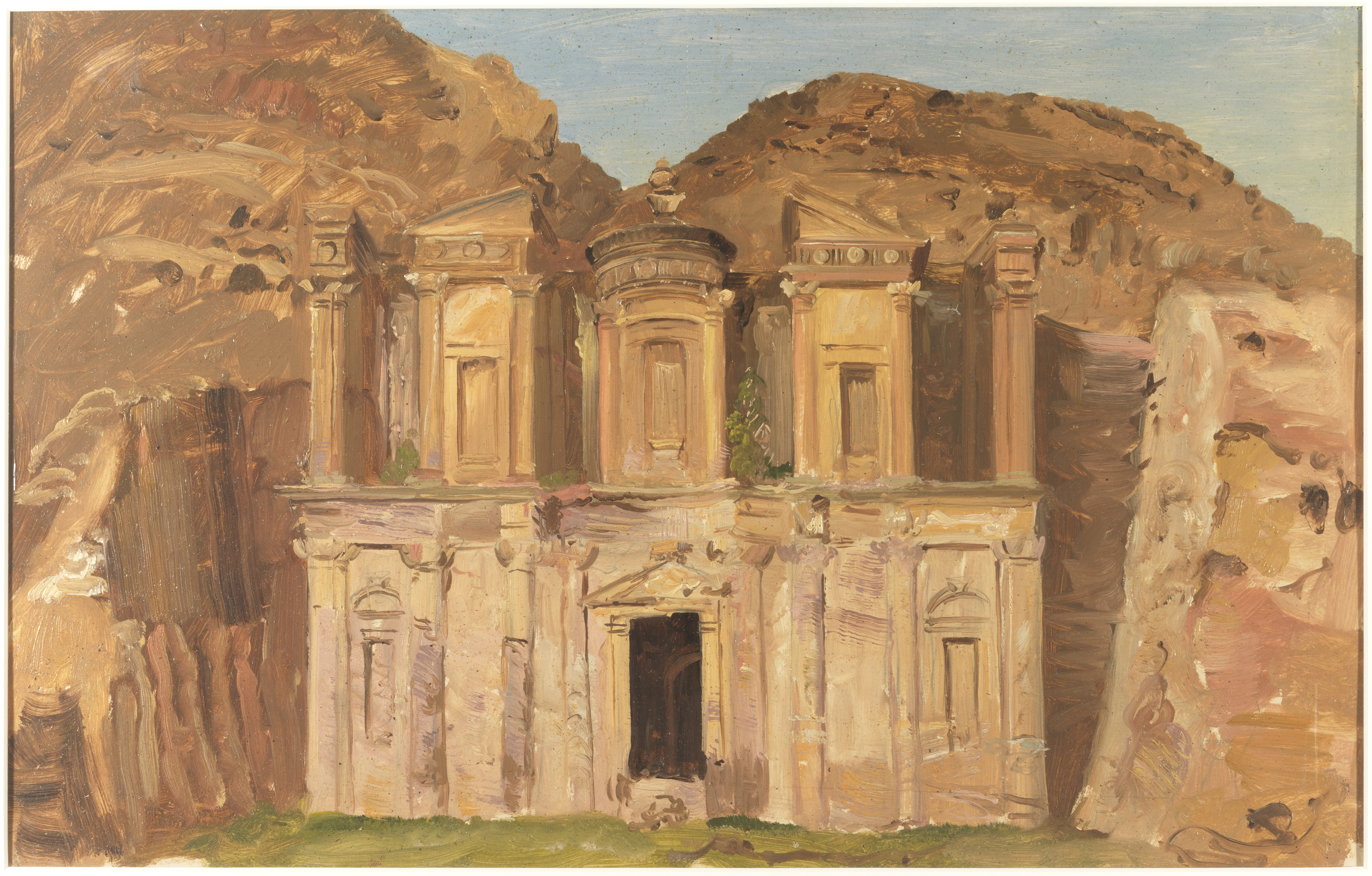JUly 2025
THE PETRAN CHURCH AND 'BACCA'
For some time there has been a significant mystery surrounding the location of 'Bacca' (Arabic: بَكَّةُ), a city cited in the Quran, but otherwise unknown to all other contemporary sources. The scarcity of the Arab church documents, as well as the two centuries of silence in the region from 600-800 AD make any insight into the geography of Mohammad's lifetime rare. As a general rule, scholars have attempted to reconstruct Quranic geographic with later sources that associate the site of Bacca with the more familiar southern city of 'Mecca' in central Arabia. Since there is no direct reference to Mecca in the Quran in any other location, compounded by its lack of citation by contemporaries, this conclusion has been challenged in more recent years. However, creating counter-argument ex nihilio rarely holds academic weight.
Before leaving for Johnstown in the Summer of 2022, I came across a relatively small and fragmentary work published a century prior by the Bollandist Society. I read (and later translated it) from a Latin version of the text, however its provenance was much older and more complicated. It had been discovered in a Georgian monastery in an archaic local tongue, but was clearly transmitted through the centuries likely via Greek, Syriac, or Arabic. I had it published under the name of the Georgian Passion of Sts. Theodore, Julian, Eubulus, Malcamon, Mocimus, & Salamanes, although it appears to lack any title in the original surviving manuscript itself. Moreover, the text itself cuts out in its ninth chapter, but grants details into the early church in Northern Arabia, namely at the city of Petra, sometime around the year 305 AD. In and of itself this would be a considerable discovery, an insight into parochial Arab Christianity that was otherwise unknown to scholars, or rather, largely neglected by scholars. To my knowledge, there is no other surviving work that gives any such account of the Petran Church and the cult of its local saints. However, this was not the only discovery to be had in its few short pages. Most notably a single line stood out to me:
"During these days, the judge of the land of Bacca had gone, whence he intended to proceed, when suddenly he received the king's letter." -The Georgian Passion of Sts. Theodore, Julian, Eubulus, Malcamon, Mocimus, & Salamanes, Section II
Here was a reference to a place called 'Bacca' outside of the pages of the Quran, and one that exists as an independent source from later Arab historians. While the location itself is not given specifically, the broader context is noted within other known localities mentioned in the text. The author of the Georgian Passion describes Philadelphia (Modern Rabat-Ammon), Bostra, and the Petra, all of which are major metropolitan sites within Roman Arabia Petrea. It appears based upon this context of this work that 'Bacca' is a parochial term for the region and in common usage in the region in the 4th century. The implications for this reference is significant, but beyond the scope of this short article to explain. Recently, I had contacted the scholar of early Islam and Nabataean history, Dan Gibson, who appeared interested it the Georgian Passion to held with his current scholarship. A short video about its significance can be found below.

